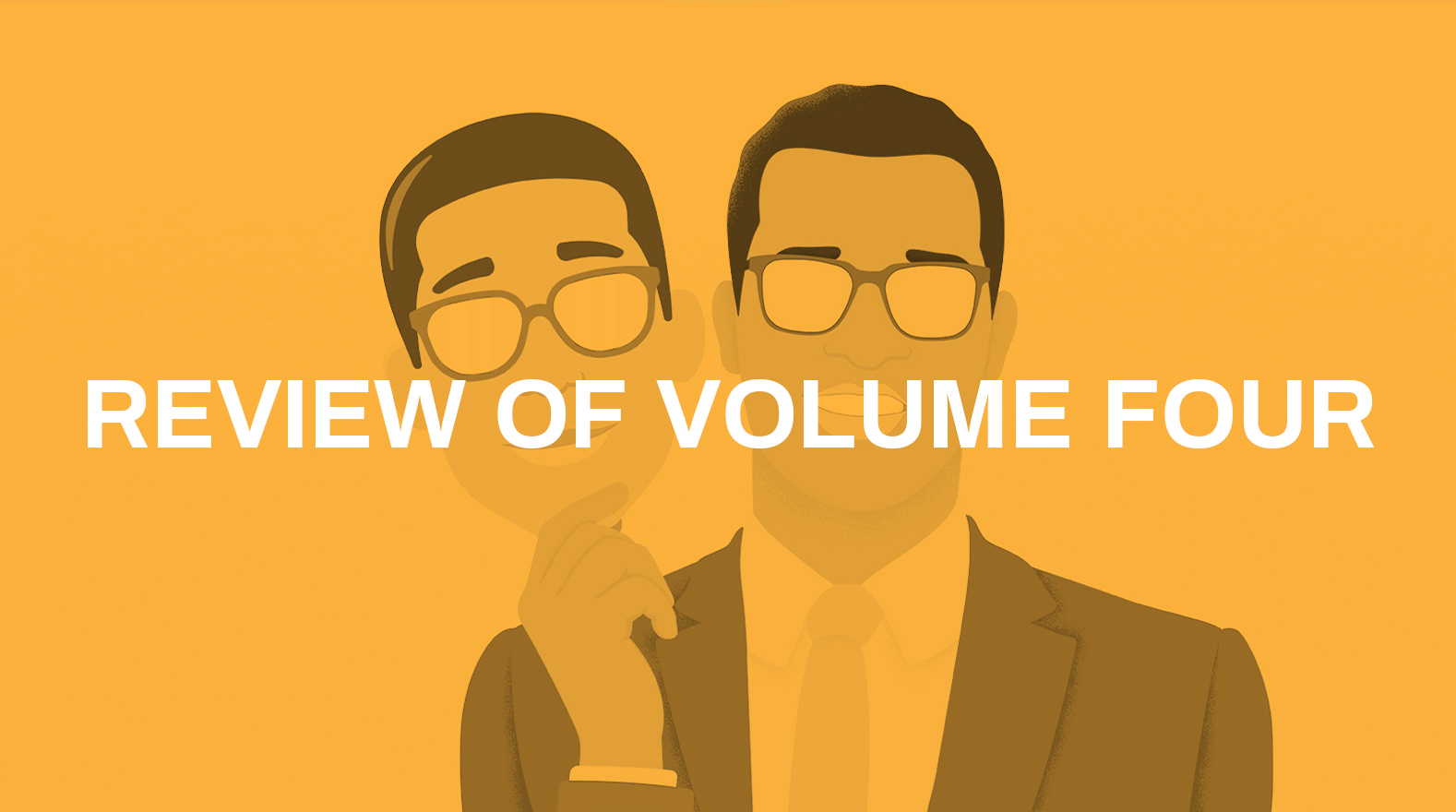
Hard vs Soft Messengers: Review of Vol. IV
Look at the least-trusted professions list compiled each year by Forbes. What’s common about them? They come across as inauthentic.
Annually, the top (or bottom) of the least-trusted list are politicians, particularly Congress. They remain just below car salespeople. Barely ahead of car sales are business executives and lawyers. You may fall into that category, which is not a good position considering you’re then near the opposite end of the spectrum from arguably your most important audiences. Time and again, nurses, doctors and pharmacists still rank highest on the list of trusted professions. Teachers are in there, too.
So, knowing your rung on the trust ladder is possibly low, how do you climb higher? One way is to be authentic. Have confidence in your position and in yourself. It’s not: “I’m in charge, you must trust me.” Instead, it’s: “I’m myself. I care. I have something to share. I hear you.” In short, “I’m authentic.”
It’s not exactly breaking news that individuals believe people they trust, and those individuals are more likely to act based on the direction given by the trusted person.
The book Messengers: Who We Listen To, Who We Don’t and Why, by Stephen Martin and Joseph Marks, explains why people give their trust to certain messengers. Often, two people can say the same thing while one is believed, and one is not. People often confuse truthfulness and trustworthiness. Truth is fact based. Trust is relationship based.
Martin and Marks say there are four major traits we all rely upon to trust the messenger: socio-economic position, perceived competence, dominance and attractiveness. In short, audiences listen to these messengers because they are perceived to have a degree of status that elevates them over others, thus receiving respect and power. Messengers using these traits to influence others are called “hard messengers” where the content of the message and the person delivering it are not separated. Audiences use these traits and their reaction to them to decide whether to listen or to ignore.
The authors note that when change or uncertainty increases, so does the audience’s fear. Fear leads to greater use of hard messages and messengers. Hard messengers produce a prickly environment, further increasing fear and reinforcing the hard messenger approach. It’s a bad place to be.
Alternatively, when we feel comfortable and secure, we will listen to “soft messengers,” people who influence because the audience feels a connection to them. Instead of getting ahead of others, as hard messengers do, they get along with others. In short, they are perceived as relatable and authentic. The four traits attributed to soft messengers include warmth, vulnerability, trustworthiness and charisma – traits often found in friends, family, and colleagues or peers the audience trusts and are considered similar to themselves.
Lasting effective leadership comes from a clear and compelling vision delivered with a positive, collaborative and caring approach. These are the authentic messengers we need more of today.
